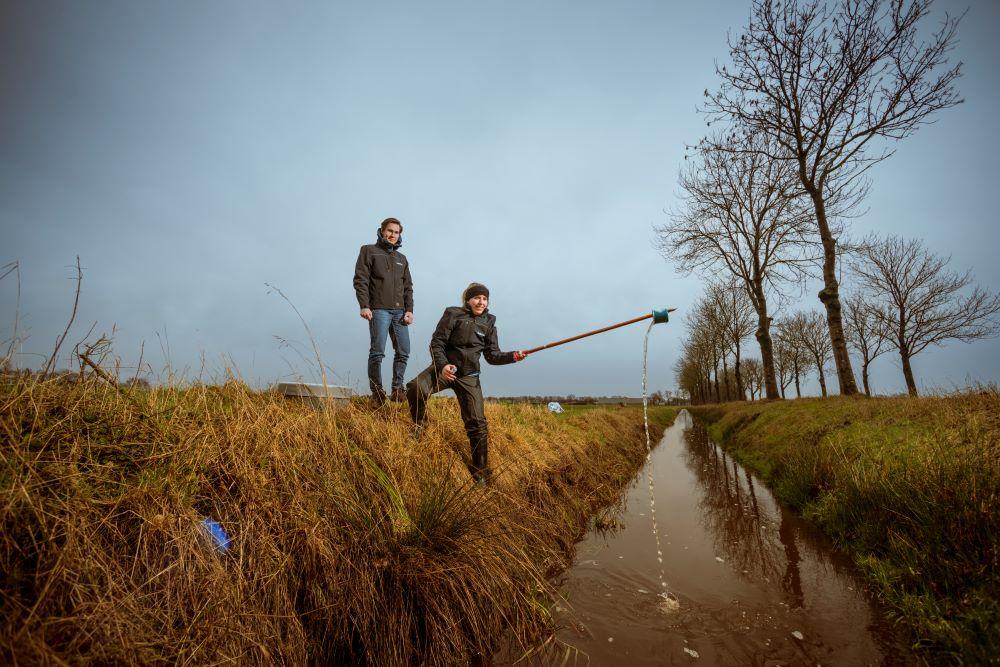Nature also has a voice
Debates in society about nature often focus on human perspectives but the essential question remains: what does an ecosystem need to be healthy, now and in the future? One crucial voice seems to be missing from the dialogue about the quality of our ecosystems: the voice of nature itself.

Imagine if we were able to communicate with an ecosystem in some way to learn what it needs to thrive. What if we could give nature a voice?
Recent scientific studies have provided new insights into the signals produced by nature. For example by interpreting whale song in the oceans with artificial intelligence, or visualising the ultrasonic sounds of plants struggling with water stress. These studies are highly relevant for the work of Deltares.
The role of digital technology
New digital technologies can help us to acquire a much deeper understanding and awareness of the ecosystems that surround us. They can transform our approach to model development. At present, we start with individual processes and merge them into a complete picture: from hydrodynamics and chemistry to habitat suitability analyses. We then simulate key variables to study the effects on nature.
We can also reverse this approach and start by putting questions to the ecosystems we want to protect. This may sound slightly esoteric, but what if we could ask:
- Sturgeon, what do you need to return to the Rhine?
- Lake or pond, how can we allow you to thrive in a changing climate?
- Small scabious, what are you warning us about?
We would then acquire a more complete picture of nature and the ecosystems in it, rather than the limited view that is associated with our current specific scientific studies and models that are only an approximation of the actual structure, relationships in ecosystems, and water and soil systems.
Combinations with expert and local knowledge
Communications also involve listening carefully for clues and answers. Monitoring, which is an element in many Deltares studies, is a way of listening. It provides a lot of indirect evidence. The presence or absence of aquatic plants tells us a lot about the chemical water quality of a water system. eDNA gives us a much more detailed understanding of the presence of species.
Simulation and the digital interactive representation of nature make it possible to involve nature in decision-making in a much more inclusive way than is currently possible, particularly in combination with expert and local knowledge. We can contribute to the debate in society about natural systems with our knowledge and technology, in conjunction with input from the voice of nature.
We want to go about this by:
• collecting data from the natural system with new measurement techniques,
• transforming monitoring data into signals with machine learning,
• visualising the state of nature in a digital, interactive way,
• combining information with knowledge about water, soil and ecology from experts and stakeholders.



